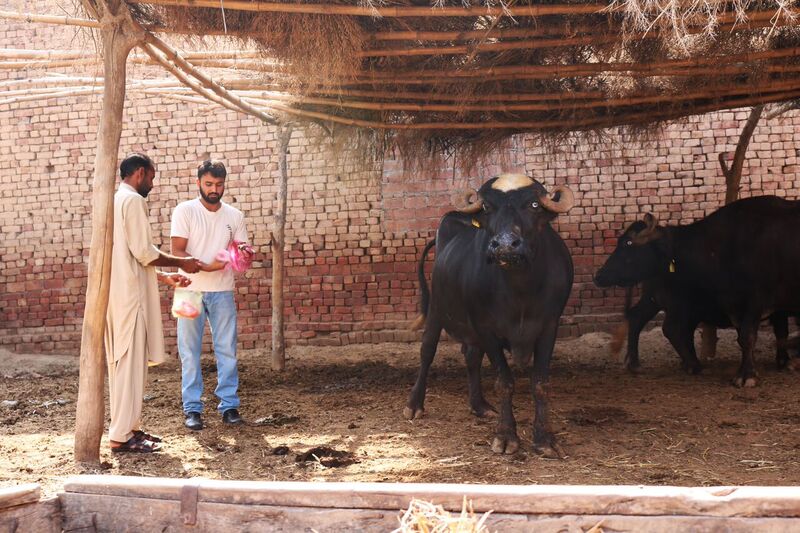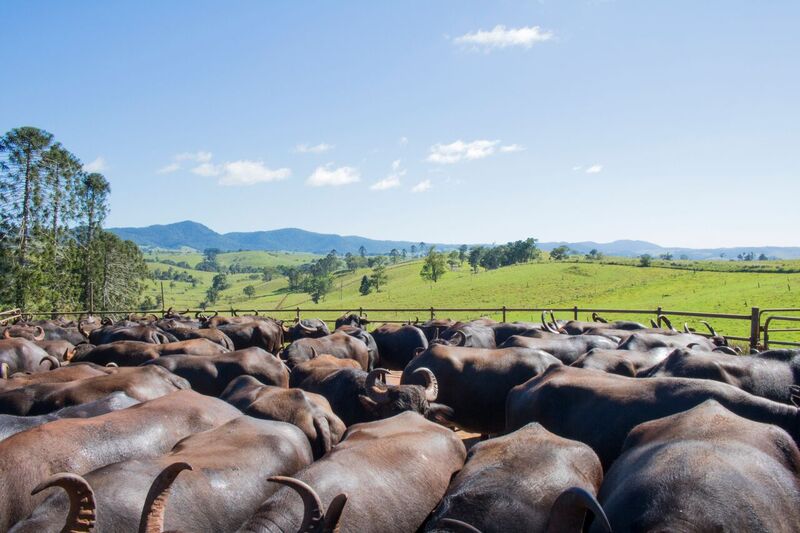The threat of being a “generalist” in international R4D
Over the past five years, I have been absolutely infatuated by the concept of having a long and illustrious career that focusses primarily on International R4D. Since being first exposed to a developing Ag project as an undergrad in 2012, I’ve been pursuingany opportunity that would ultimately leave me in a position where working in R4D is a reality.
To date my efforts involve developing a PhD project that focusses on R4D, becoming an active member of the RAID community, and engaging with as many people involved in R4D projects as possible. So far my plan seems to be working, and project leadershave always entertained me when I very bluntly ask the question “so when will you have a job for me” (actually, on that point, any suggestions feel free to email me)
I am living the PhD dream, travelling the world, looking sexy in a lab coat, and drinking copious amounts of coffee. My onlyhesitation; when attending conferences in my scientific area, I become star struck by the work my colleagues are doing.Buzzwords such as “next-gen sequencing” ring loud through every talk. My colleagues are doing some incredible science but, how dare they be advancing the field of parasitology faster than I can write this blog. They are making me look “basic”. I work in developing agriculture. Most of these “new technologies” just aren’t designed to work in this area. I know it, but I find I’m convincing myself that what I am doing is still good science on a regular basis. And when it comes to post-conference beers,justifying your work using methods that colleagues moved away from 20 years ago can be difficult. I too want to sit at the coolkid table, and not be the one repeating kindergarten.
One of the nice re-affirmations in R4D is the impacts that working with farmers in developing areas can have (although sometimes hard to quantify). Literal life-changing impacts can be seen, compared to what may be a minute economic gain in Australian Ag. Yes, this small gain is quantifiable over a large industry, but R4D can cause enormous social benefits, as well as production benefits. A child who didn’t go to school now enrols and down the line they become a vet, further helping the agricultural sector. It is an absolute honour to be involved in projects where this is happening. It gives you warm and fuzzies, but I still can’t shake the feeling that I am behind the eight ball when it comes to current science.
During the process of writing this blog, I listened to an ABC Conversations episode with Bill Lawson1. Bill had a successful careeras an engineer, then turned his focus from solving structural problems to solving social ones. The repetitive narrative that resonated with me throughout the interview was Bill’s mantra of solving problems at the point-of-origin, not at the end-point. It was an engineers train-of-thought applied in a different field, and it was successful. It resonated with me because as a scientist in R4D, we are often taking a similar approach. One of the greatest capacity building opportunities of an R4D project is the development of problem-solving abilities. And not just problem-solving in the sense of designing experiments, the problem-solving in R4D projects is far broader. You must be aware of social, cultural, and logistical aspects.

Problem solving: getting science done in R4D
At the end of the day, I need to maintain an income for an indefinite future. Idealising the beauty of R4D is great, but I may not always be able to continue working in this area. So do I market myself as a problem solver extraordinaire? Maybe, but I can’t solve problems if I’m not current with the science.
So what am I doing about it? Currently figuring that one out, but I have two feet so why not point them in different directions? Yes, they may have to hop rather than stride, but they’ll still get to their destinations if only a little slower.
Left foot (R4D):
I think I’m doing okay.
Right foot (staying current):
This is the foot I am actively leaning on right now. My guide for staying current is this:
- Wherever possible, don’t ostracise yourself from the broader scientific community. Sometimes I do want to slink off after the first post-conference beer, but the beers are free, so I am staying. Informal conversations are golden.
- Volunteer your time. Look around your institution. Are there colleagues doing incredible science? Well use your time and help them. Yes, your days will become longer, but you will learn new skills and develop new relationships that may ultimately be beneficial to you down the track.
- Keep your library current. Some understanding is better than no understanding. Each week I scour the journal databases and select something new in my area to read up on (perhaps this is just justified procrastination for writing my dissertation, but I believe it keeps me current).
- Be vigilant. Sometimes a new technology will come up with direct implications in R4D projects. The above steps will keep you vigilant, but always be asking the question “can I solve a problem with this information?”.
- Diversify your investments. Where possible try and find opportunities to work in more than one field. My PhD project is split between Pakistan and Australia. Having the Australian aspect has allowed me to conduct research using different techniques, that may not apply to the work in Pakistan.
I’m learning more and more that the role of a scientist is not clear-cut. At this time in my career, I have the opportunity todiversify freely, and I’m using it. I’m taking all the possible steps I can to prevent from becoming “too basic”. Maybe my feet will spread too far apart, but I don’t have the benefit of hindsight, and at the moment I think I’m doing okay.

Diversifying your investments: working with buffalo in Pakistan and Australia
1http://www.abc.net.au/radio/programs/conversations/conversations-bill-lawson-rpt/8880088


